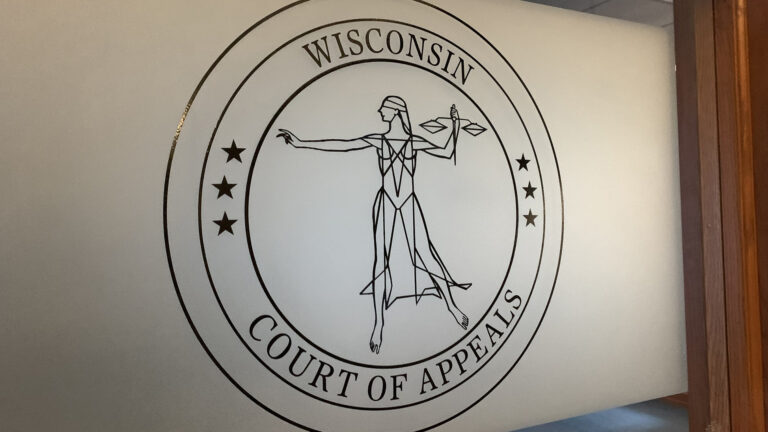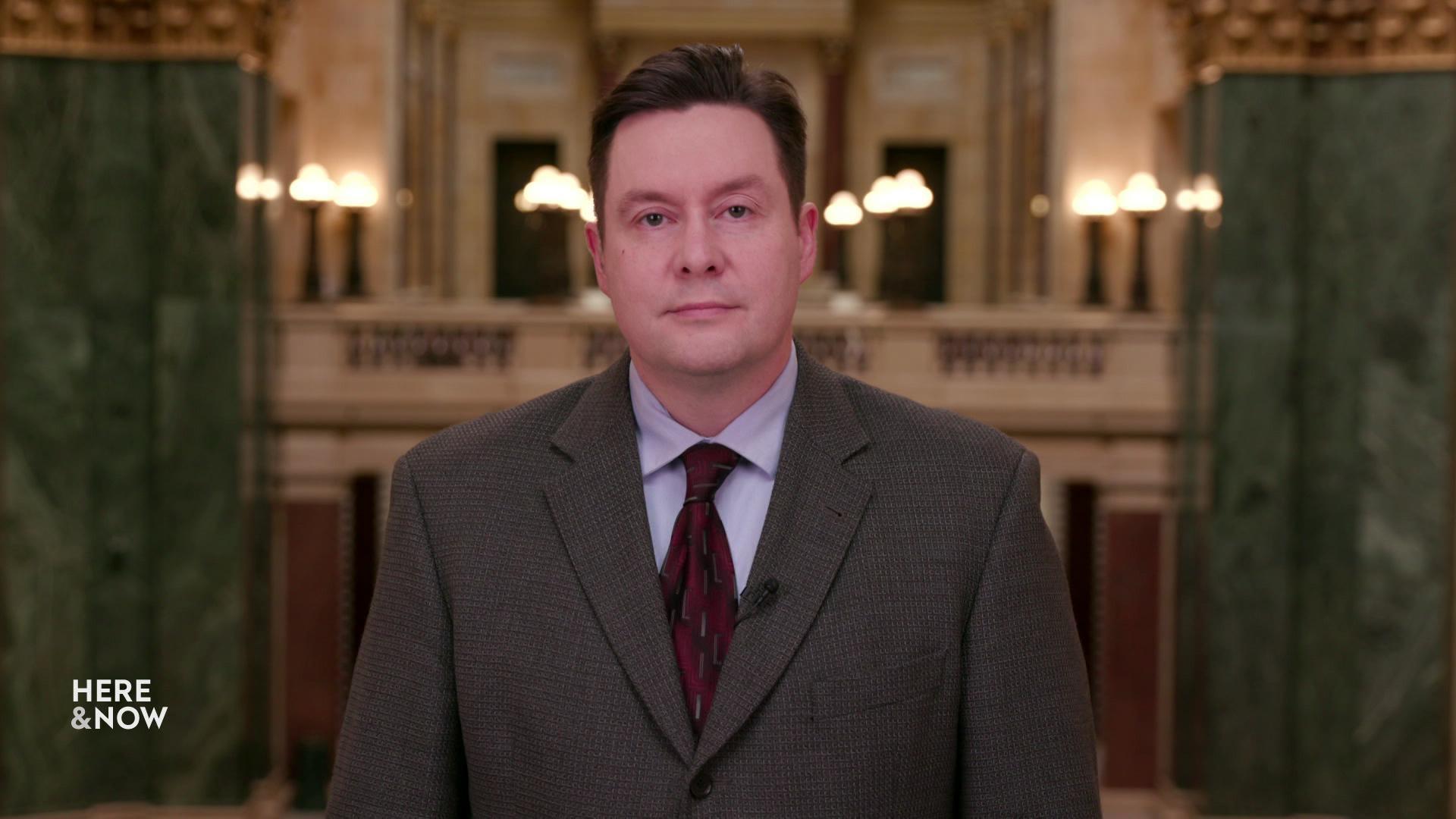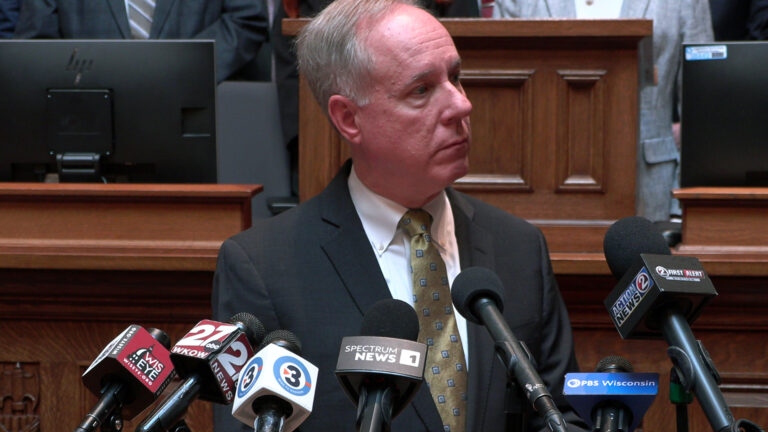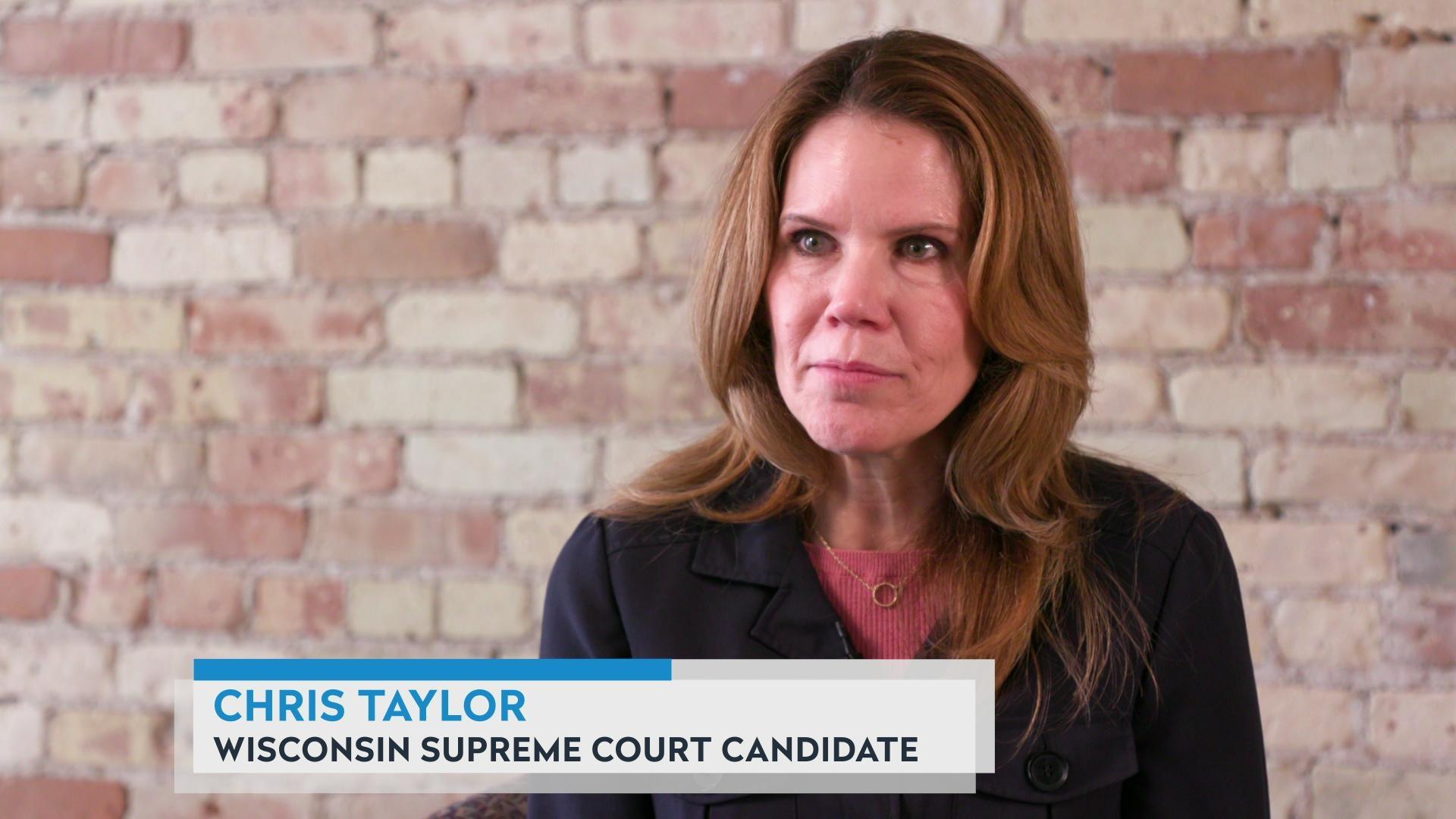Mordecai Lee on the first Biden and Trump debate of 2024
By Frederica Freyberg | Here & Now
June 28, 2024
UW-Milwaukee political science professor Mordecai Lee considers candidate messages and reactions to the first 2024 presidential debate between President Joe Biden and former President Donald Trump.
VIDEO TRANSCRIPT
Frederica Freyberg:
In the moment reaction from debate watchers. And now, after a day of reflection, expert analysis on performance and the stakes. UW Milwaukee professor emeritus, political scientist, Mordecai Lee joins us. And thanks a lot for being here, Mordecai.
Mordecai Lee:
So glad to be here. Thank you.
Frederica Freyberg:
So what was your first reaction when Joe Biden started speaking?
Mordecai Lee:
I didn't understand why he was speaking so softly and he was mumbling and he sort of wasn't finishing sentences. I initially thought that maybe this was some impact of the fact that he's been a stutterer all his life and all his life he's had to overcome stuttering. And I thought, "Well, maybe that's it." But as the hour-and-a-half rolled on, it really didn't change.
Frederica Freyberg:
Does this go down as much more than a missed opportunity for Joe Biden?
Mordecai Lee:
Well, I think the debate was a train wreck for both of them, because you had Trump blistering and you had Biden mumbling. And for those of us who care about the substance of government, we sort of walked out of there like it's a soccer match that was zero-zero — nobody scored. Trump was sort of fact free, and Biden was fact heavy. So I think it was a huge missed opportunity for both candidates, because for Biden, I think, the score for him is pretty obvious. For Trump, I think, the negative was that while he had really good presence and a good voice and real confidence — he really projected — but he had two or three sound bites and punchlines he kept repeating through the entire hour and a half. It was about immigration, it was about the border, it was about the economy. And so we heard those lines again and again. And I was really surprised, for example, when there was a question about a specific public policy, the opioid crisis or maybe child care cost, he really didn't have any material. And then, in the closing statements, when you really expect both candidates to knock it out of the park, because generally speaking, they're prepared for a closing statement, they've memorized it, they've repeated it several times in rehearsal, neither of them seem to have any game. They were just sort of repeating accusations against each other and criticisms. It was a major disappointment, it seems to me, in terms of the benefit to the viewers.
Frederica Freyberg:
So Donald Trump packed so many things, including, as you've said, falsehoods into each response and then often non-responses to the question. It's like it left Biden spinning. But shouldn't Joe Biden with all his people have been prepared for that kind of thing?
Mordecai Lee:
I am really surprised. You know, there's a certain rule of political debates that the incumbent always does poorly in the first round, Baldwin did poorly six years ago, Ronald Reagan did poorly against Mondale. Maybe it's the fact that when you're the incumbent, you just don't have quite as much sort of interaction and high-speed input and then statement. So maybe Biden would be better second time around. But still, he was trying to say so many facts and he trailed off so many times. Or when he'd say, "Well, first of all" and then "second of all," it really didn't cohere. He had a lot to say, but he really never packaged it for the audience.
Frederica Freyberg:
Do you feel as though Joe Biden — candidate Joe Biden — can recover from this?
Mordecai Lee:
Whoa. That's what every American is thinking today. And over the next week. You know, it's possible that this was fatal. It's possible that he can't recover from it, and that the image that he set to the American people yesterday could never be changed over the next five months. And it's possible that he'll reflect on it and wonder if he should continue. I imagine that he really, really wants to continue, and is going to have to somehow negate the impression that he left. In other words, he's going to have to do a lot of town hall meetings where it's back and forth with the questioners. He's going to have to do a lot of press conferences where it's back and forth with challenging questions. He really has to show that he's got it. And if we're gonna end up voting on these two candidates, I suspect that there are some Wisconsin voters last night, about 10% of the voters are still authentically undecided, I think some of them might have turned off the TV and discussed and said, "I'm sitting this one out," or "I'm voting for a third party candidate," because they both were not presenting a positive image of what they wanna do over the next four years. So this was a minus-minus event.
Frederica Freyberg:
What happens if Joe Biden did step aside, as some, even Democrats are now suggesting? I mean, what happens then?
Mordecai Lee:
What happens then is you have a wide-open convention. We have to remember that most of the delegates who are committed to voting for Biden are bound by the state law of their particular state. And the different state laws have these different extenuating circumstances, and in some cases might force them legally to keep staying with Biden because that's who they were even after he is no longer a candidate. But I suspect that if you were to withdraw, you'd have a wide-open convention and that you'd have a couple of governors — who have been in waiting for the last three years — who are gonna jump in, and then it's gonna be delegate hunting one by one, trying to persuade these former delegates to vote for them.
Frederica Freyberg:
We'll see what happens. Mordecai Lee, thank you very much.
Mordecai Lee:
You're welcome.
 Passport
Passport











Follow Us